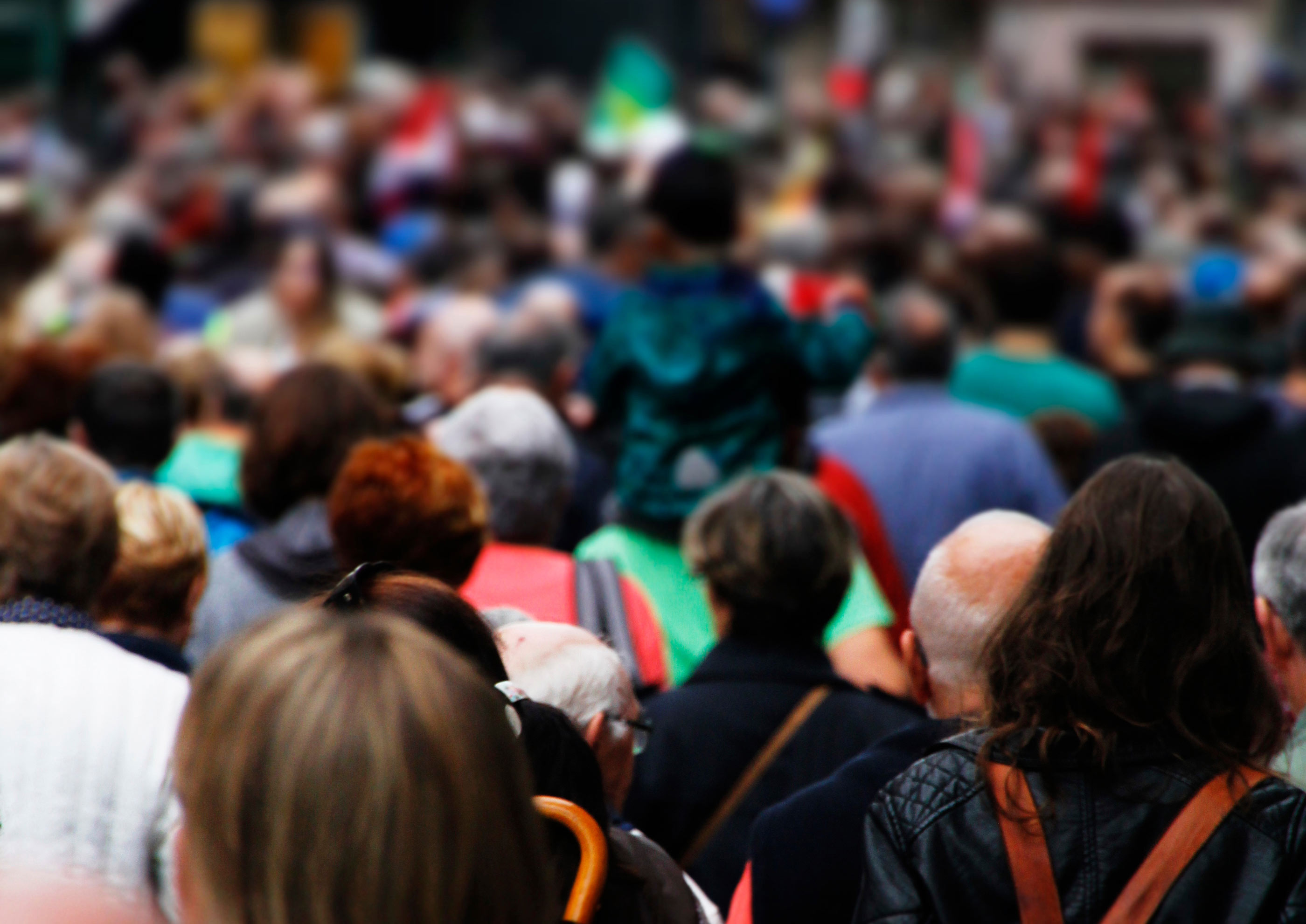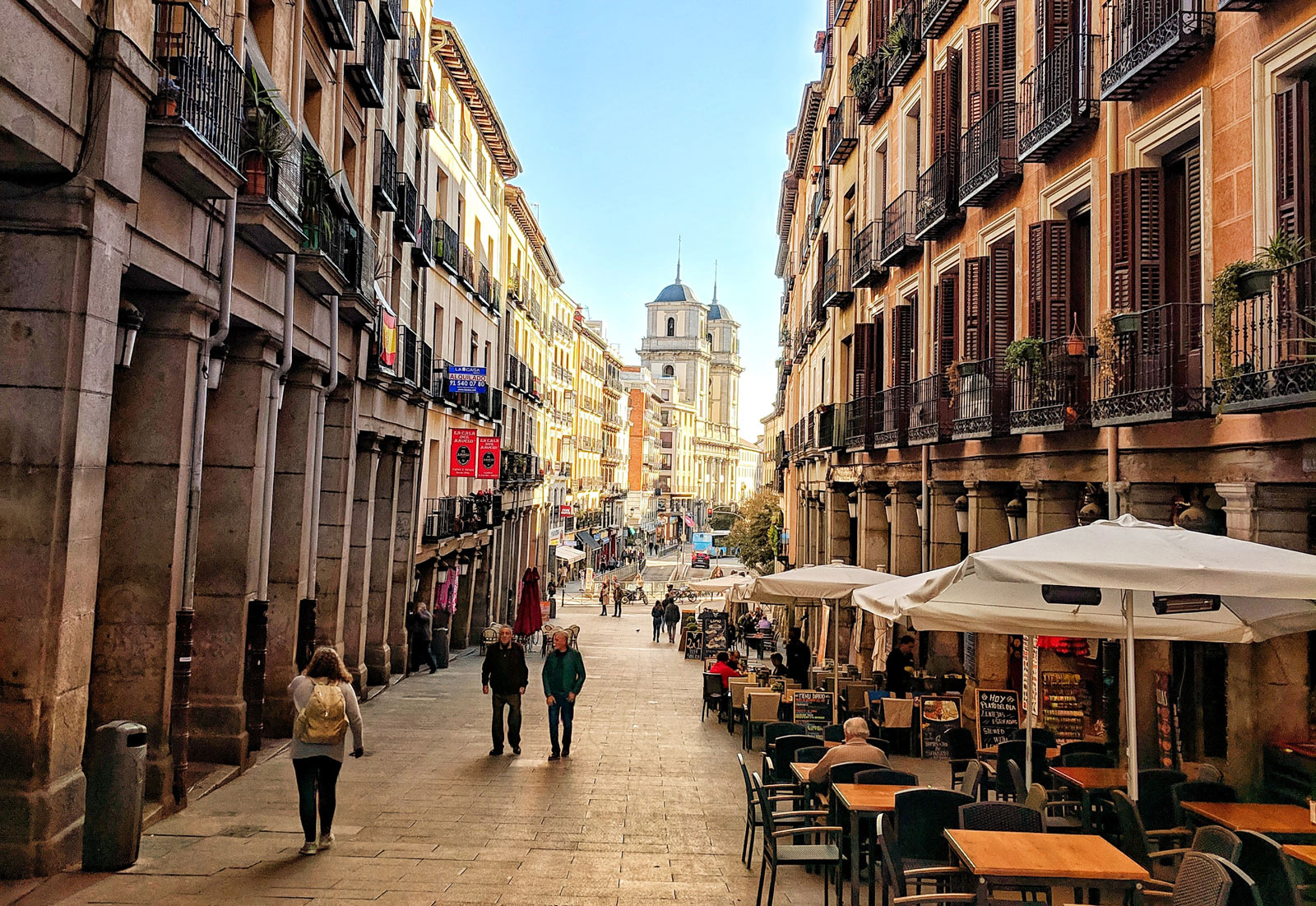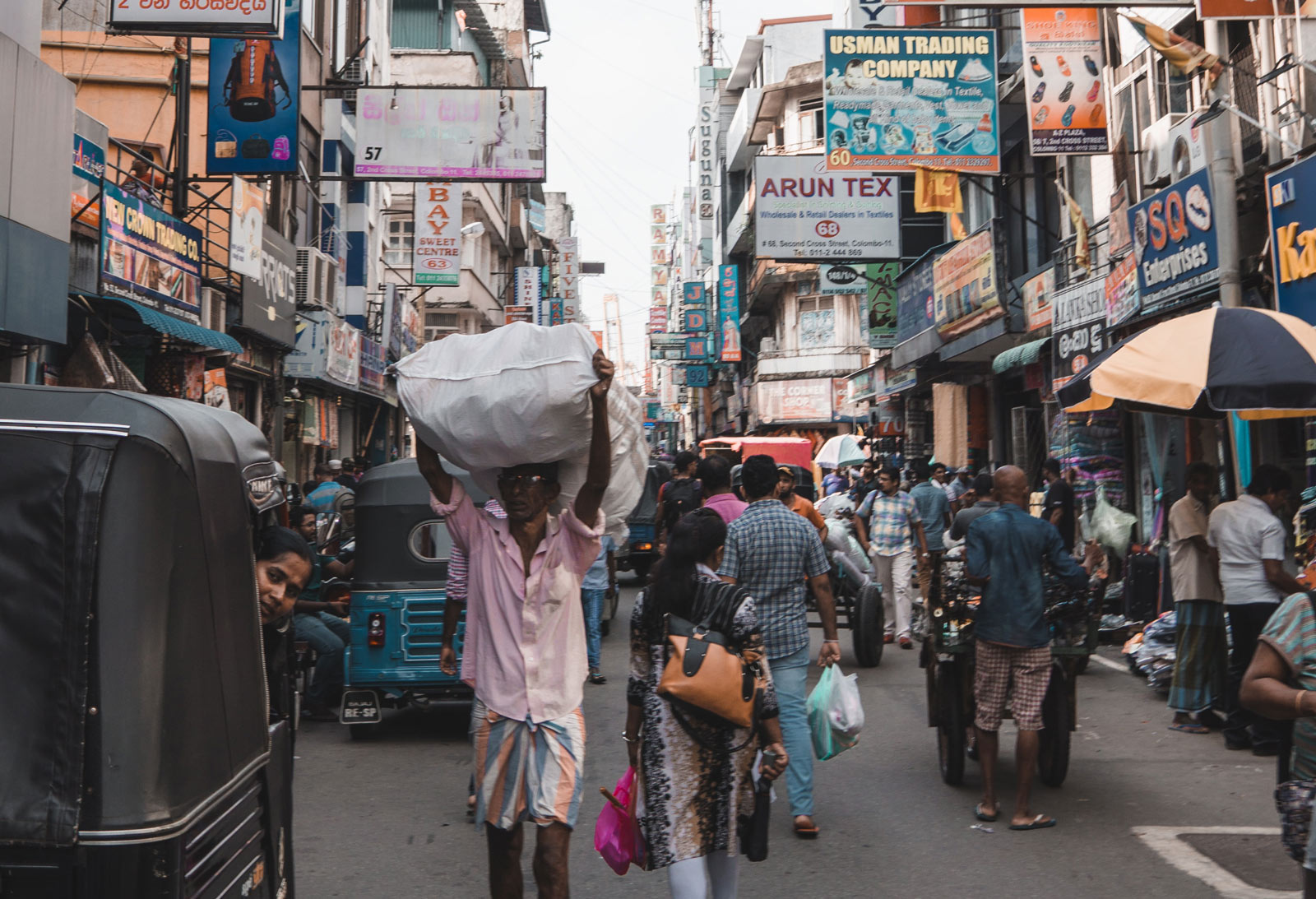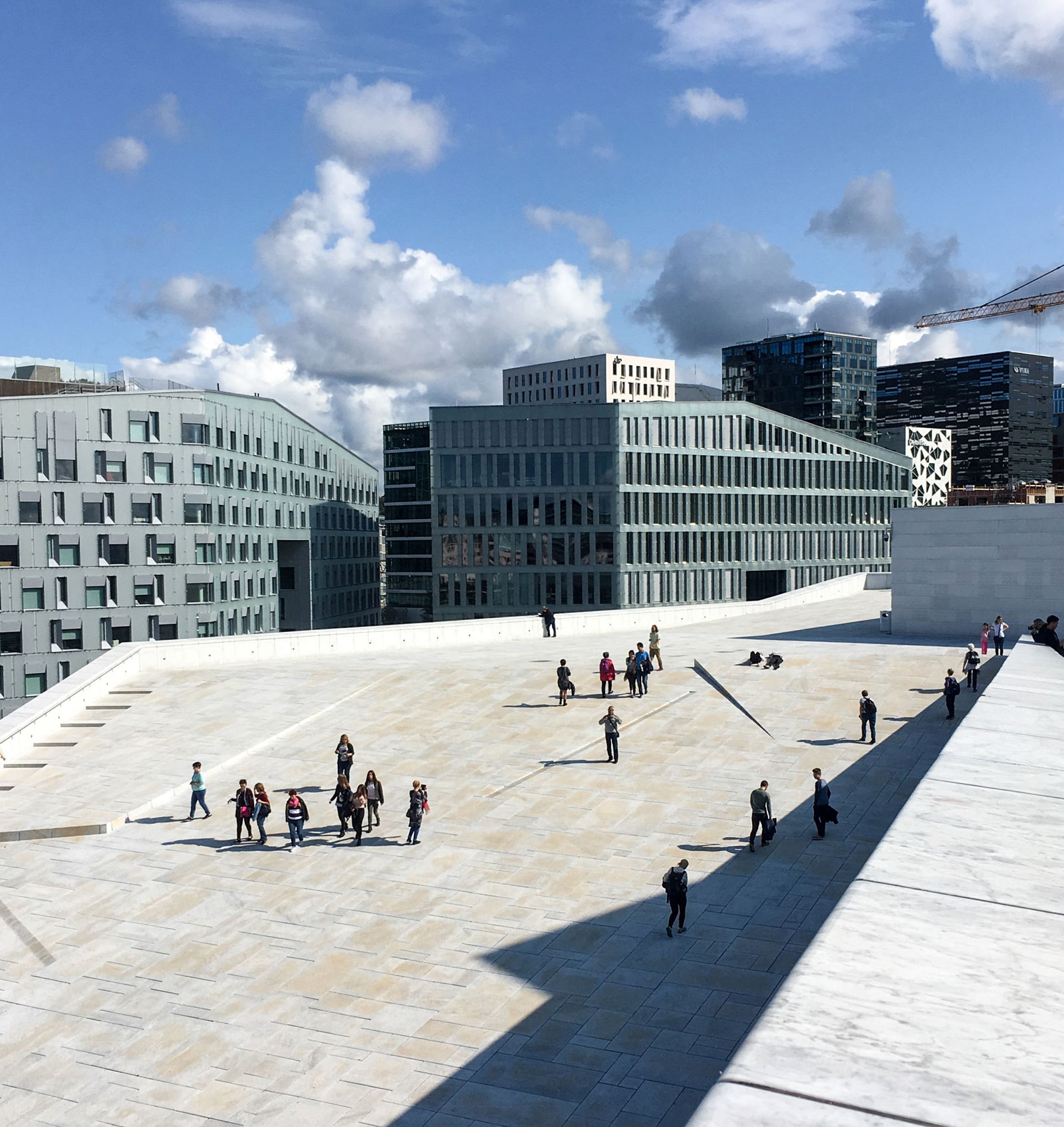Local Leadership
Local elections in 2023
The year 2022 was a busy one for local democracy. The Czech Republic, Iceland, Italy, Nepal, New Zealand, Peru, Philippines, Senegal, Serbia, Slovakia, Sweden, and the Republic of Korea were among the countries electing local representatives.

In 2022, Nepal saw its first local elections in 20 years. Nepali citizens voted in six metropolitan cities, 11 sub-metropolitan cities, 276 municipalities and 460 rural municipalities. The elections were even more important since the new constitution was adopted in 2015, and the Local Operations Act of 2017 transferred certain powers and responsibilities to local authorities. The results were unprecedented. The elections revealed the success of independent candidates over representatives of historically dominant political parties. Furthermore, women candidates won 41.21 per cent of the available seats.
In 2023, local elections are expected in countries such as Ecuador, Guyana, Israel, Norway, Spain, Sri Lanka, and United Kingdom. Some cities of the United States, such as Chicago, Denver, Houston, and Philadelphia, will also elect new mayors.
Spain faces an intense cycle of democratic elections in 2023
May 2023 municipal elections will open the electoral cycle in Spain. On the same day, citizens will also vote for the representatives of 12 regional governments (Aragon, Asturias, the Balearic Islands, the Canary Islands, Cantabria, Castilla-La Mancha, Extremadura, Madrid, Murcia, Navarra, La Rioja, and Valencia). The national general election may be scheduled at the end of the year, in December, with Spain holding the rotating presidency of the European Union from 1 July 2023.
More than 8,000 municipalities will celebrate the twelfth democratic local elections in Spain. The first independent elections after the period when Spain was ruled by the dictator Francisco Franco, between 1936 and 1975, were held in 1979. Currently, more than 80 per cent of the Spanish population, which accounts for approximately 40 million people, live in cities. Madrid, Barcelona, Valencia, Seville, Zaragoza, and Malaga have the largest populations. Among those six, Barcelona is currently the only municipality with a female mayor, Ada Colau. However, since 1979, all the largest cities in Spain have had at least one female mayor.

© Igor Oliyarnik
In terms of political parties, the two largest parties historically in Spain are the Spanish Socialist Workers’ Party (PSOE) and the Popular Party (PP). In the last municipal elections in 2019, the Socialist Party gathered the most votes (nearly 30 per cent) It was followed by the Popular Party with 22 per cent. The analysis of the last four municipal elections in Spain since 2007 showed that the Socialist Party received the most votes in 2007 (35 per cent), while the highest numbers for the Popular Party were in 2011 (37.5 per cent). These numbers are partially the result of the emergence and growth of smaller parties, which has fragmented the population’s vote and meant more electoral pacts to achieve governability in cities.
Five of the six largest cities have a coalition government. Barcelona, Sevilla and Valencia are governed by centre-left-wing parties; Madrid and Málaga are governed by centre-right-wing parties, and Zaragoza, led by a mayor from the Popular Party, is governing with the support of Ciudadanos, a liberal-conservative party, and Vox, a far-right political party.
In the case of the 12 regional governments holding elections in May 2023, ten of them are currently governed by centre-left-wing parties or coalitions, and only two (Madrid and Murcia) by centre-right-wing parties or coalitions.
The city of Madrid was governed by the Popular Party for nearly 25 years until the 2015 local election. Manuela Carmena won the elections as the leader of a citizen platform called Ahora Madrid and a coalition agreement with the Socialist Party. In 2019, the most voted on the list was Más Madrid, a new progressive political party formed to succeed Ahora Madrid. However, José Luis Martínez Almeida was elected mayor of Madrid with a coalition formed by the Popular Party and Ciudadanos.
In Valencia, the Popular Party governed the city for nearly 25 years, with Rita Barberà as its mayor since 1991. In 2015, Coalició Compromís, a left-wing coalition, won the elections and agreed on a coalition with the Socialist Party. In 2019, mayor Joan Ribó, from Compromís, was elected and renewed the coalition government.
In Barcelona, the Socialist party governed the city from 1979 to 2011. After 32 years, Convergència i Unió, the conservative Catalan nationalist political party, which led the Catalan regional government from 1979 to 2003, won the elections. It was in power for a period of four years before a new progressive government came back to the Barcelona City Council. In 2015, mayor Ada Colau won the elections, leading a left-wing coalition and citizen platform called Barcelona en Comú. In 2019, although not the most voted candidate, Colau agreed on a coalition with the Socialist Party and was reelected as mayor.
Sevilla and Zaragoza have seen several political changes, between the Popular and the Socialist party. In Málaga, the Popular Party has been governing the city since 1995, with the same mayor, Francisco de la Torre, in office for the last 23 years.
2022 postponed local elections in Sri Lanka, confirmed for 2023
Sri Lanka announced that local government elections will take place on 9 March 2023. These are the first nationwide elections following the intense economic and political crisis that the country has been confronted with. More than 16.6 million Sri Lankans will vote to elect their local representatives.
The last local elections were held in 2018, with the relaunched Sri Lanka Podujana Peramuna (SLPP) party winning 40 per cent of the votes and governing in the majority of councils since then. Such is the case of the administrative capital of the country, Sri Jayawardenapura Kotte, and most of the main cities, such as Dehiwala-Mount Lavinia, Moratuwa, and Negombo.
However, the ruling party in Colombo, the executive and judicial capital and the largest city, is the United National Party (considered centre-right), with activist Rosy Senanayake as mayor since March 2018. The SLPP has been described as a populist party, with a strong emphasis on nationalism, economic development, and social conservatism.

© Alex Azabache

© Maria Bobrova
Will Norway’s results in 2023 local elections mark a record for female mayors?
The Nordic country will hold its local elections on 11 September 2023. The results in 2019 meant an unprecedented percentage of female mayors in Norway. More than a third of the mayors elected were women. Within twenty years, from 1999 to 2019, the percentage of female mayors more than doubled.
The six largest cities, counting for nearly two million inhabitants, are all led by women. Bergen, Stavanger, Trondheim, Fredrikstad, and Drammen are governed by female mayors from the centre-left Labour Party. Oslo, the capital and largest city by far, is the only one governed by the Socialist Left Party.